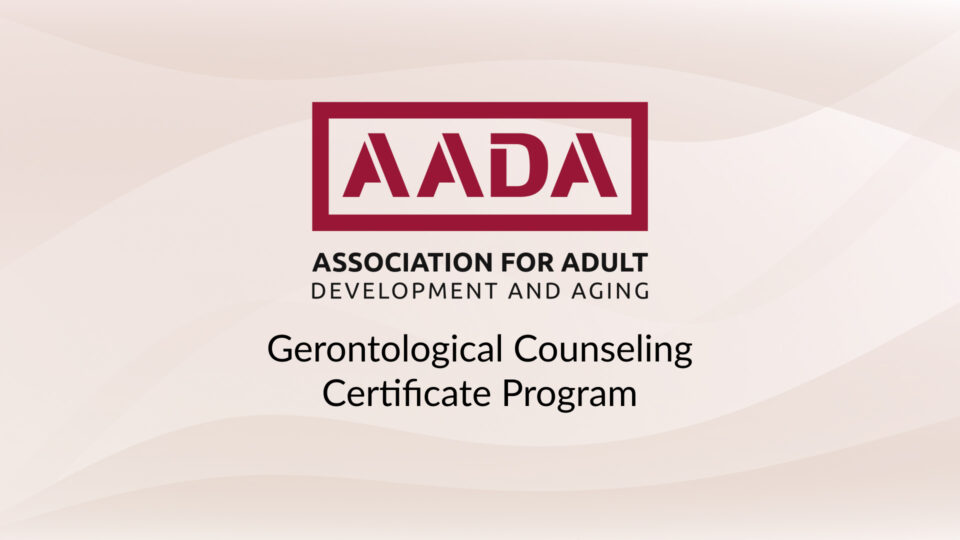
Intersections of LGBTQ+ Identity, Disability, and Aging: What Mental Health Professionals Need to Know
Information
Recorded
-
-
Learning Objectives
Participants will be able to:
-
Describe the prevalence of chronic illness and disability among LGBTQ+ older adults.
-
Describe one or more psychosocial impacts of heterosexism, cissexism, ageism, and ableism among LGBTQ+ older adults with chronic illness and disability.
-
Apply one or more strategies to provide culturally responsive services to LGBTQ+ older adults with chronic illness and disability.
Educational Goal
The educational goal of this presentation is to help learners understand how systemic oppression impacts LGBTQ+ older adults with CIDs and how to provide culturally responsive care to this population.
Description
LGBTQ+ people are more likely to experience chronic illness and disability (CID) across the lifespan, with inequities perpetuating into older adulthood. Therefore, mental health professionals who work with LGBTQ+ older adults are likely to encounter clients with CIDs in their practice. In this workshop, you will learn about intersections of disability, LGBTQ+ identity, and aging, including prevalence and types of disabilities experienced by LGBTQ+ older adults and impacts on their psychosocial functioning. You will also learn strategies for providing culturally responsive and effective mental health care for this underserved population.
Target Audience
- Counselor
- Marriage & Family Therapist
- Psychologist
- Social Worker
- Substance Use Disorder Professionals
Presenters

Dr. Jordan Westcott (she/her) is an Assistant Professor of Counselor Education at the University of Tennessee, Knoxville. Her research focuses on how structural factors impact mental health and wellness for marginalized populations, particularly older adults, LGBTQ+ communities, people with disabilities, and intersections therein. She is particularly interested in how counselors can advance health equity for these populations. Her dissertation focused on the intersection of aging, disability, gender, and sexual orientation by exploring healthcare access among older sexual minority women with disabilities.
Financially Sponsored By
- Association for Adult Development & Aging (AADA)